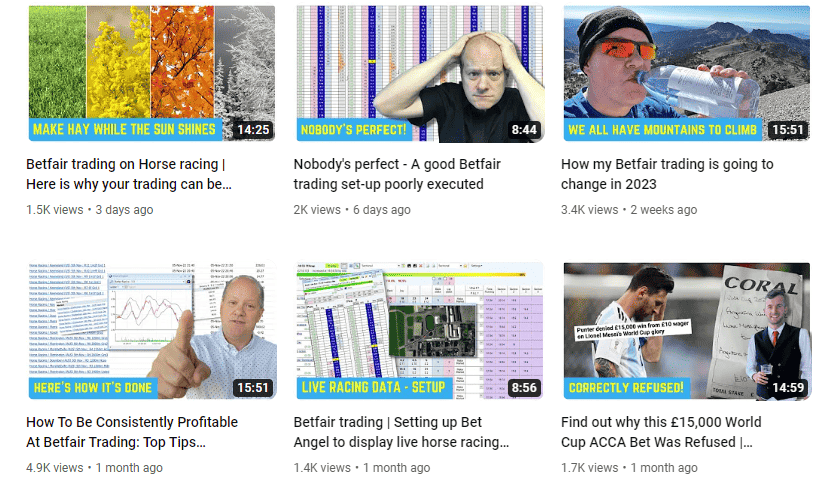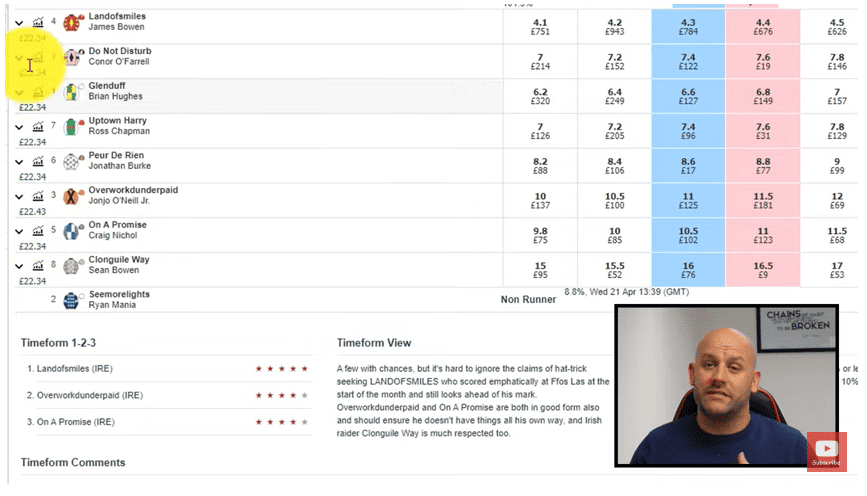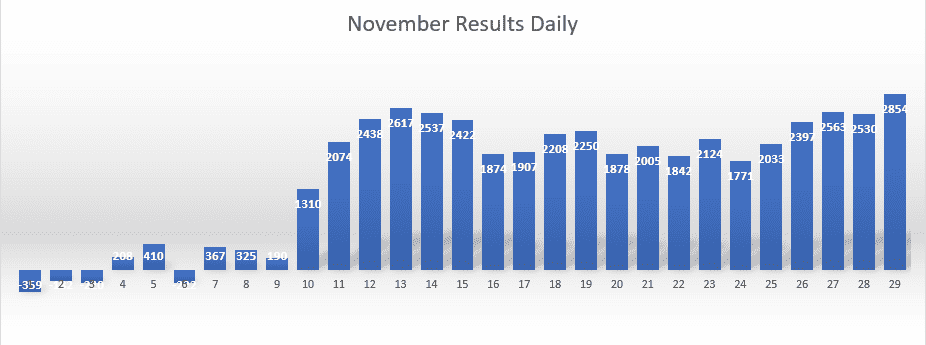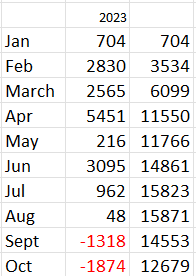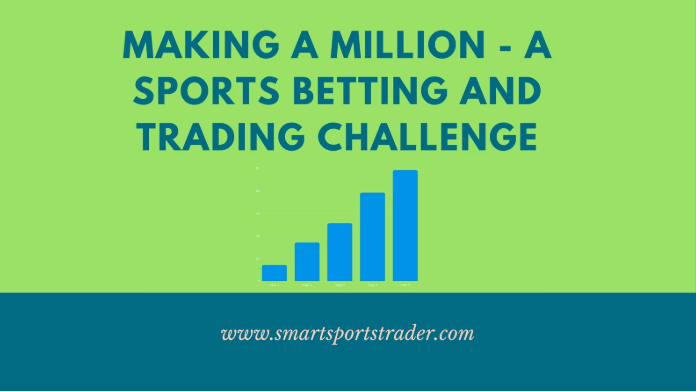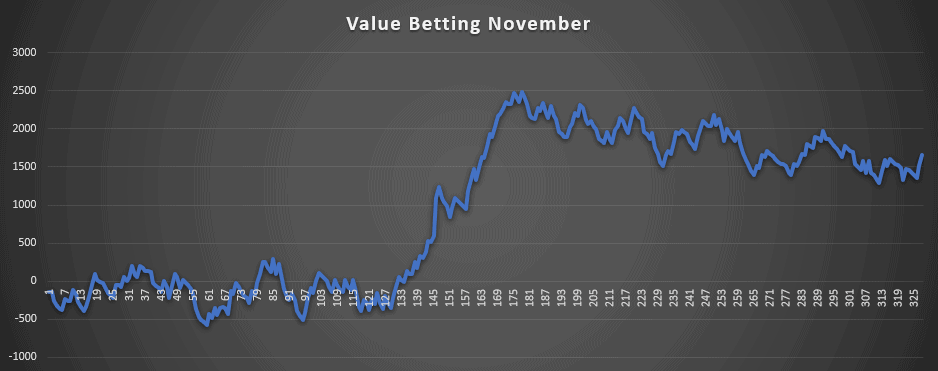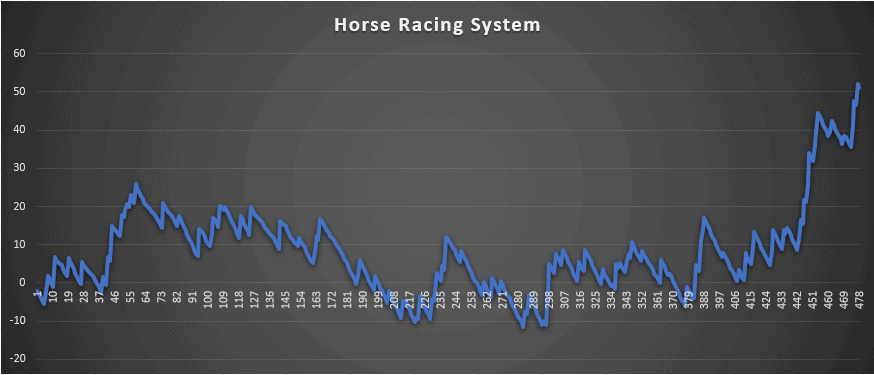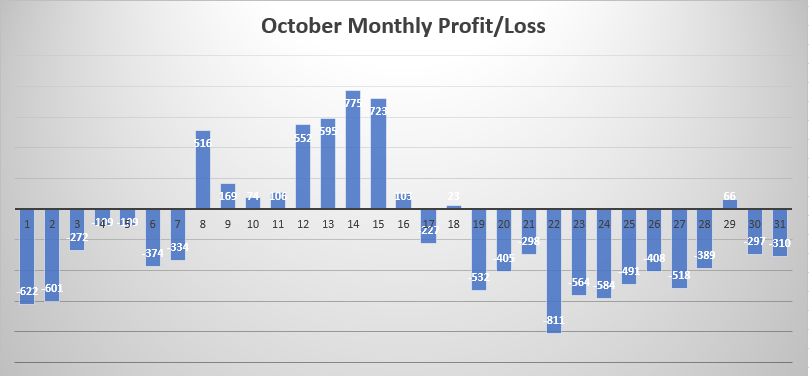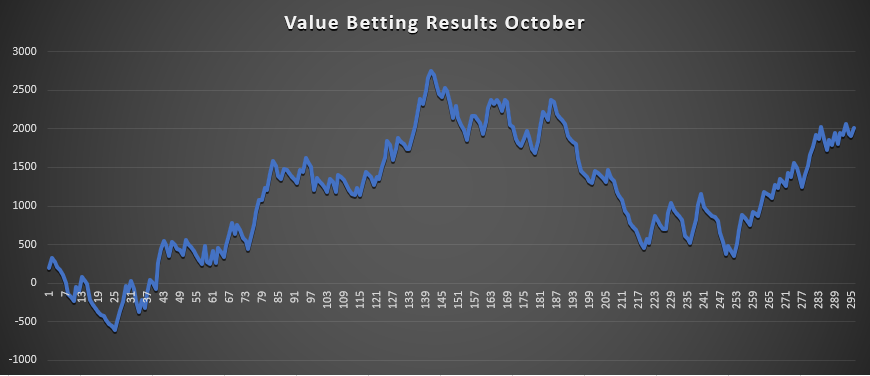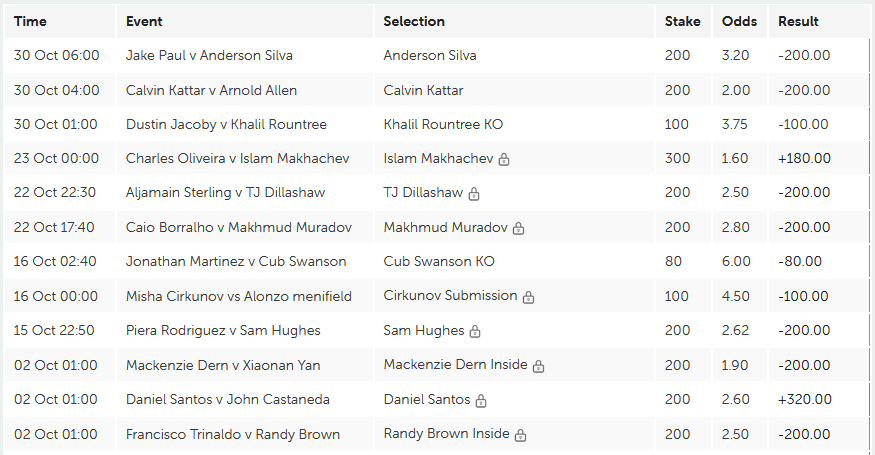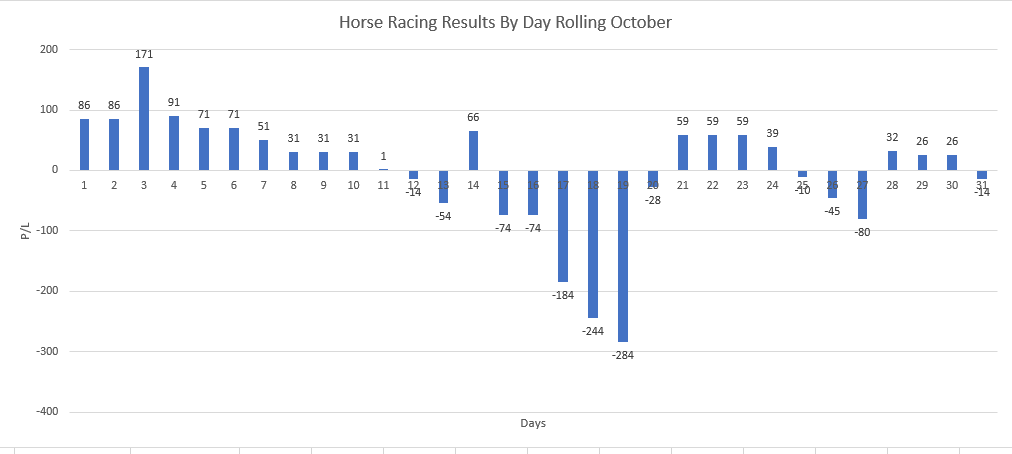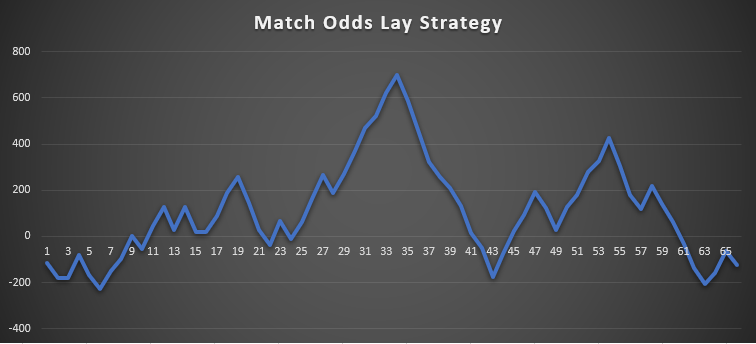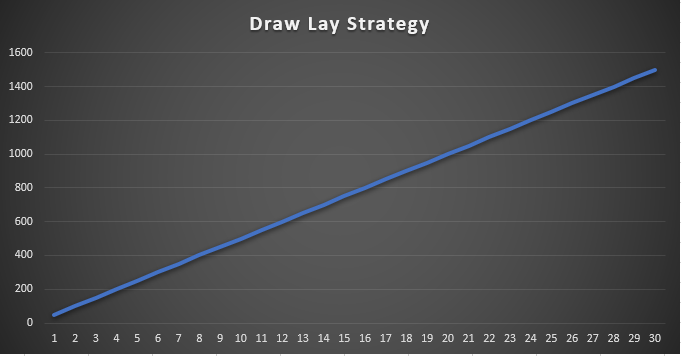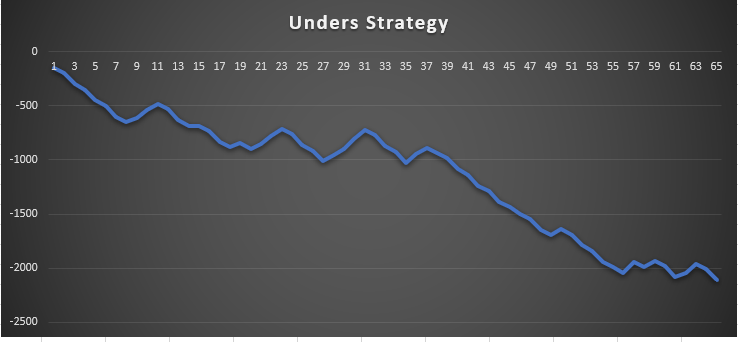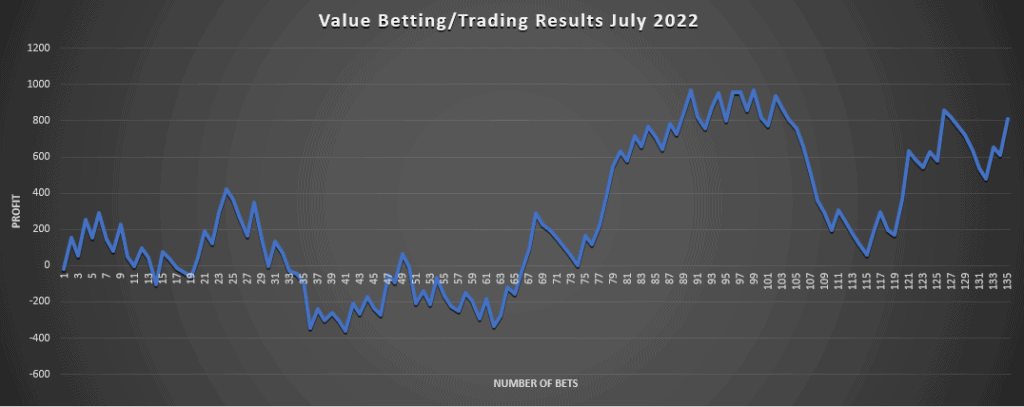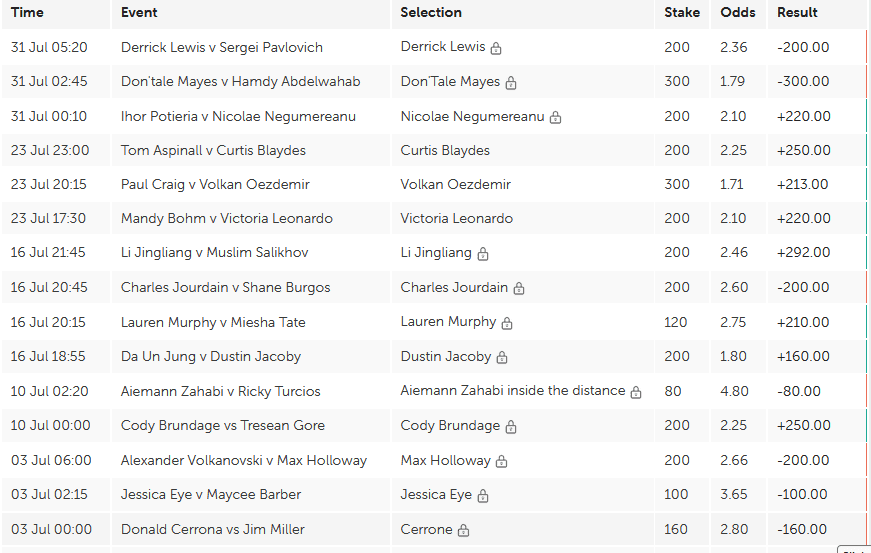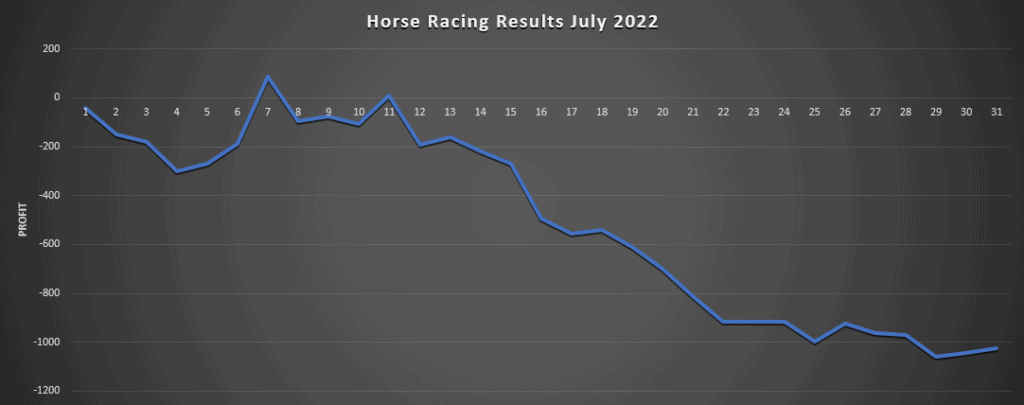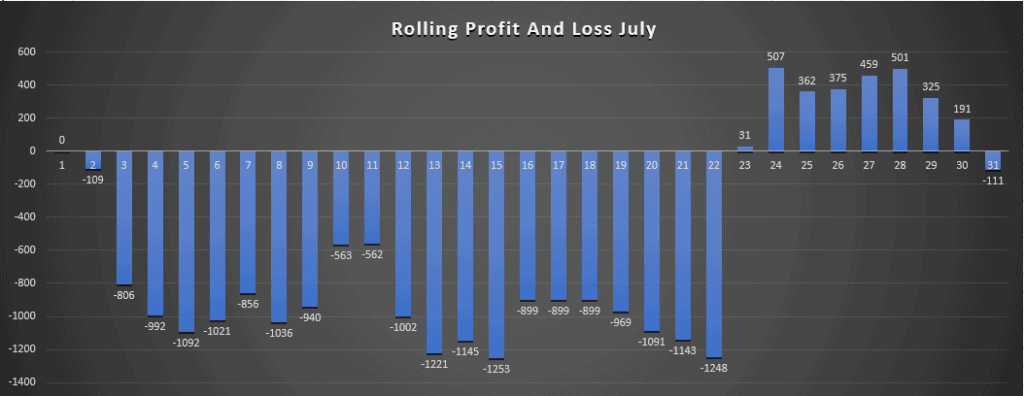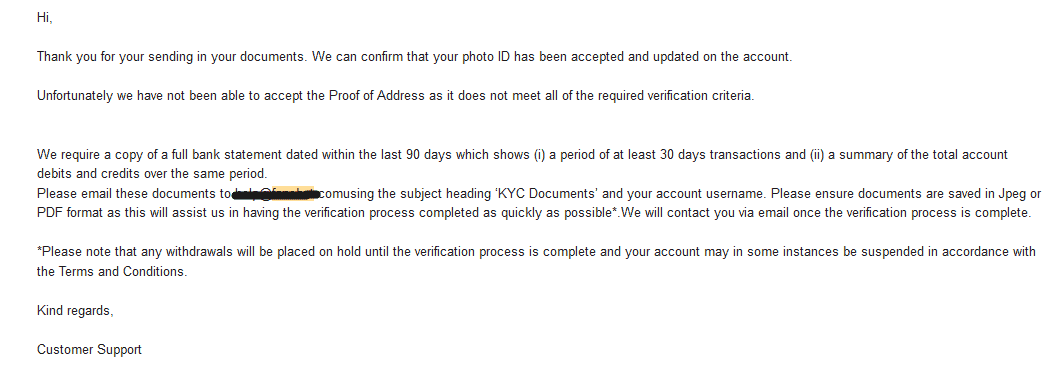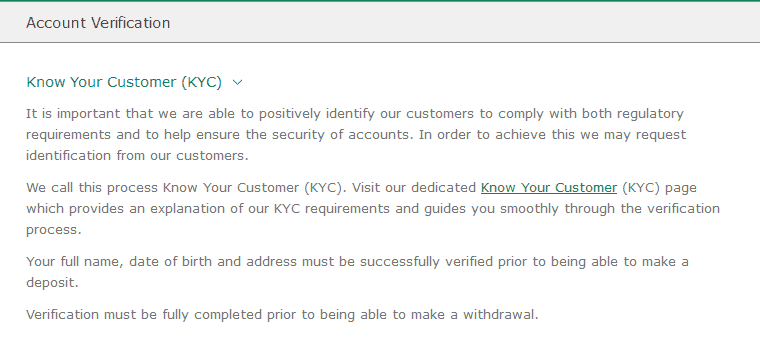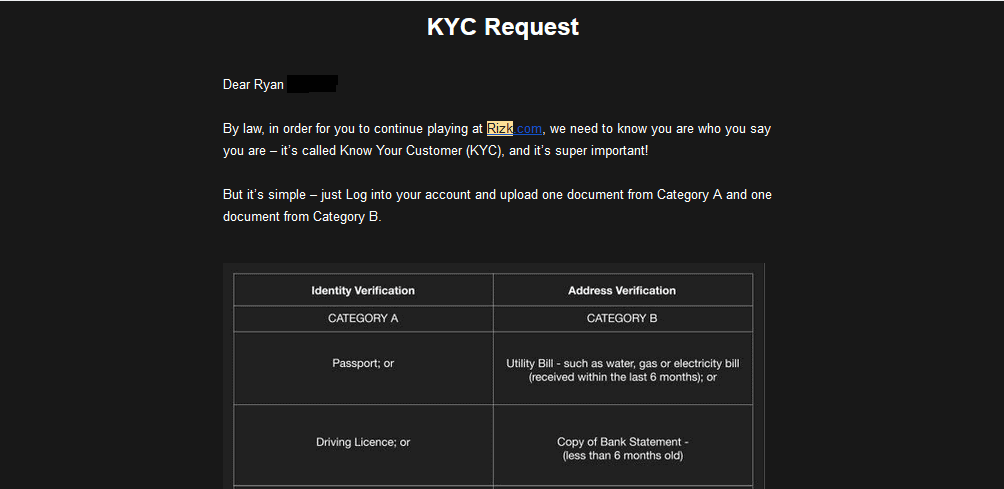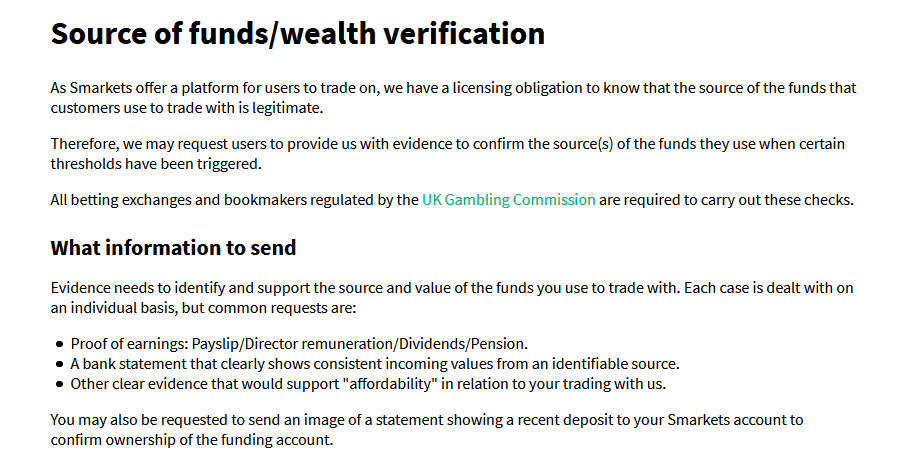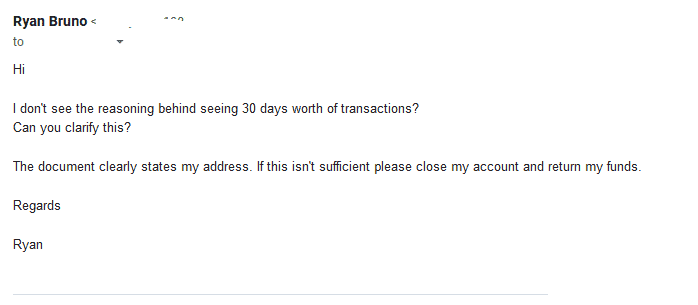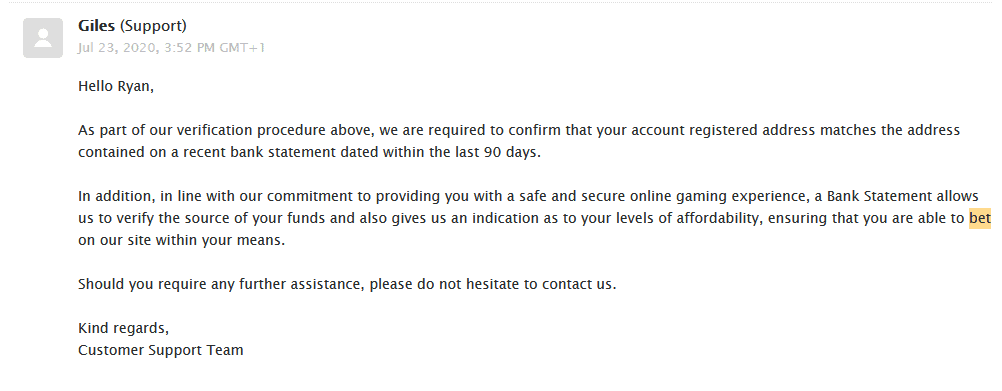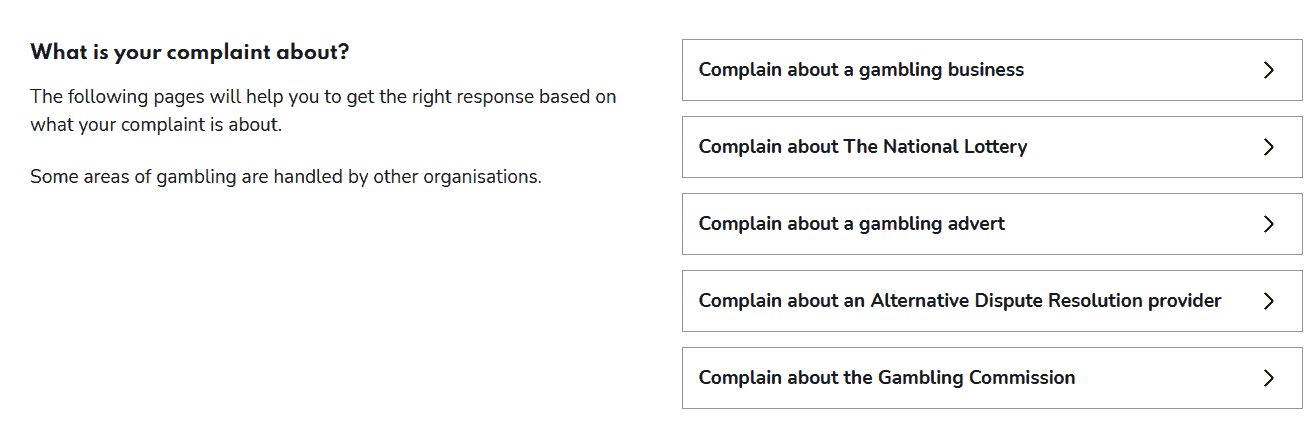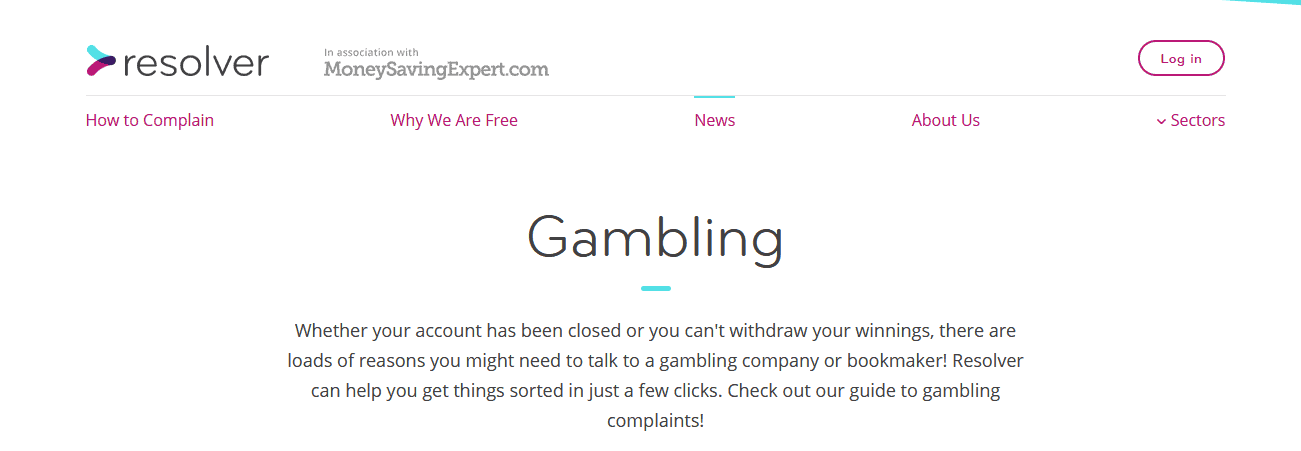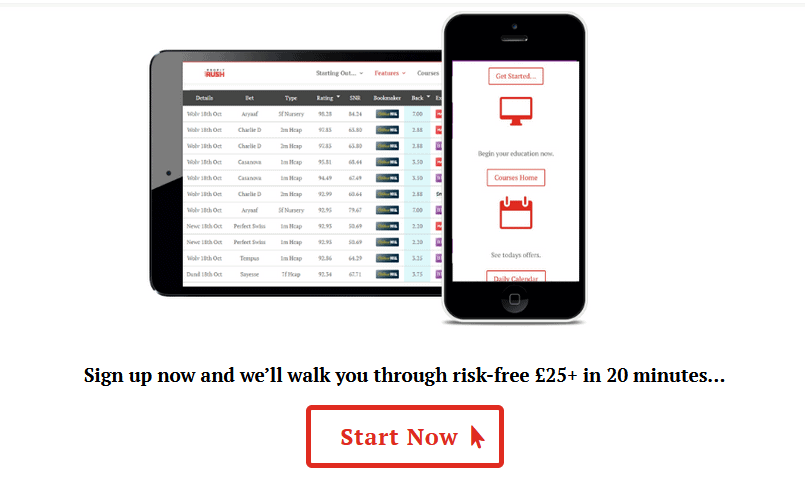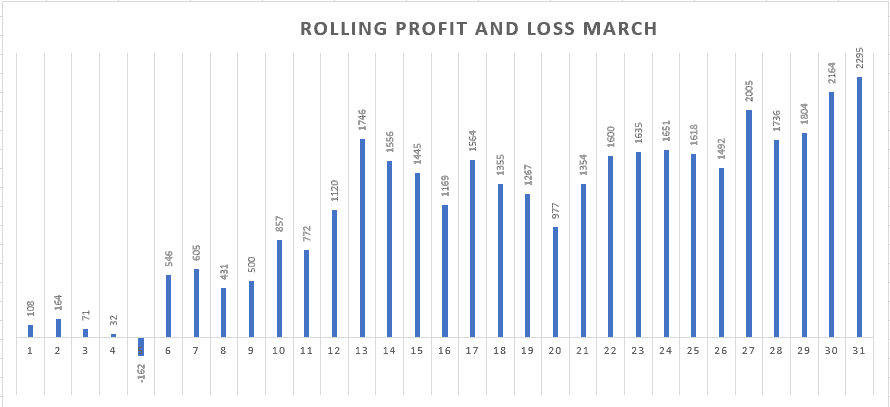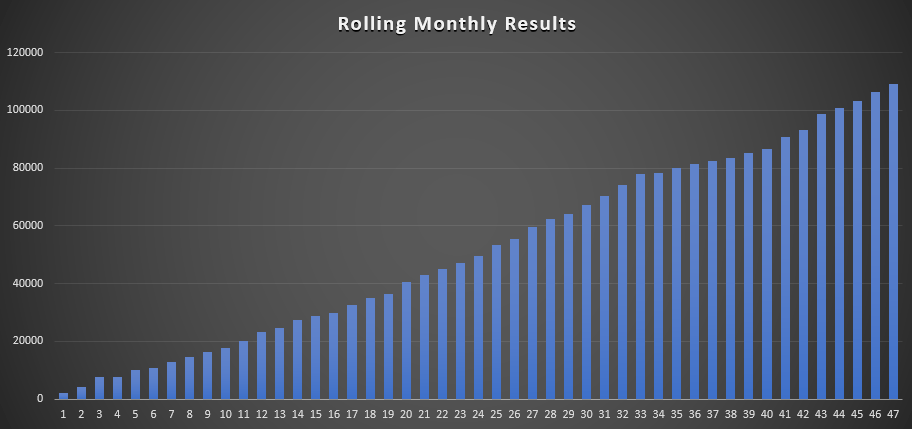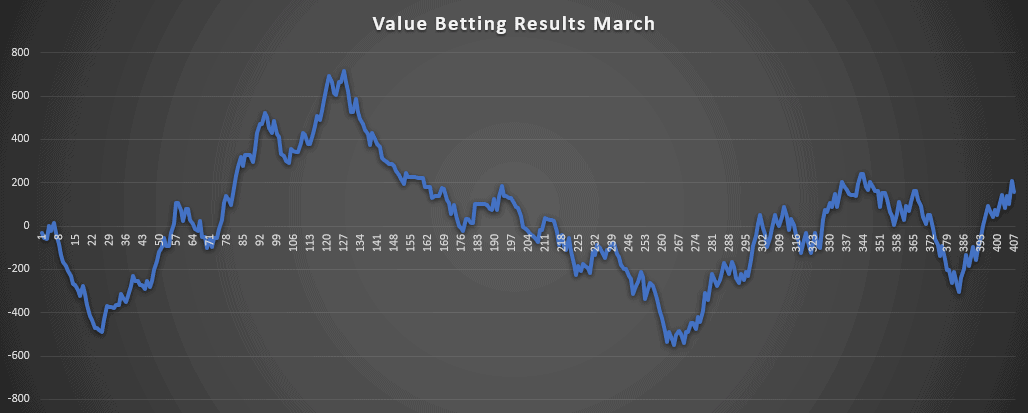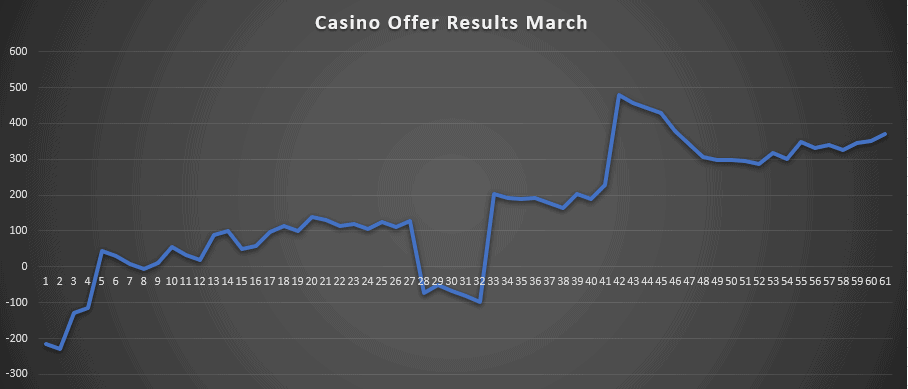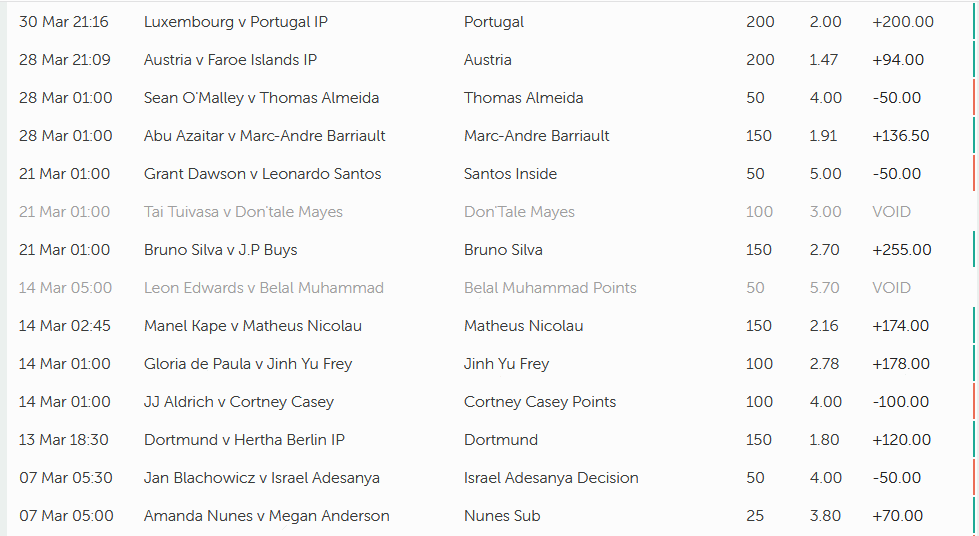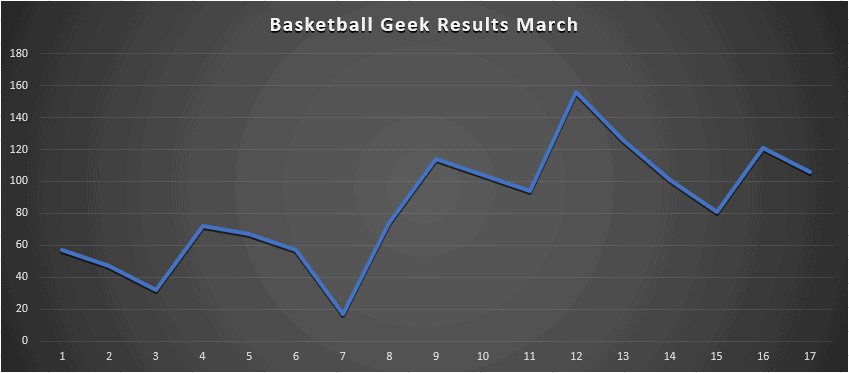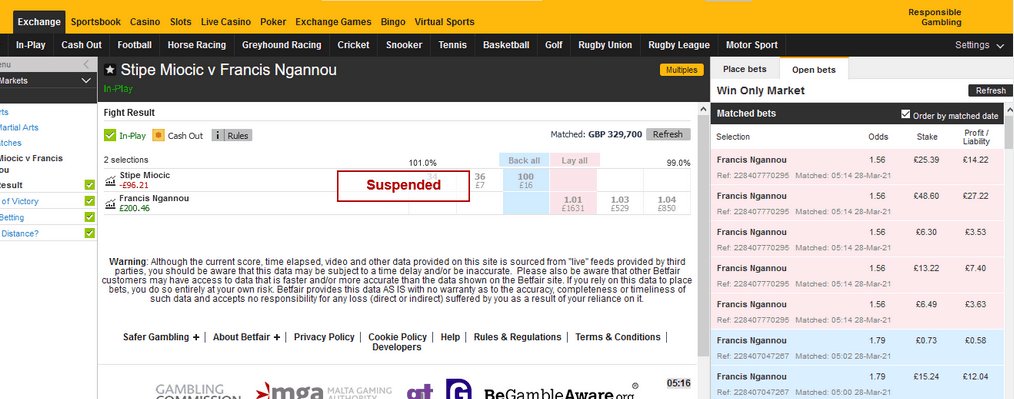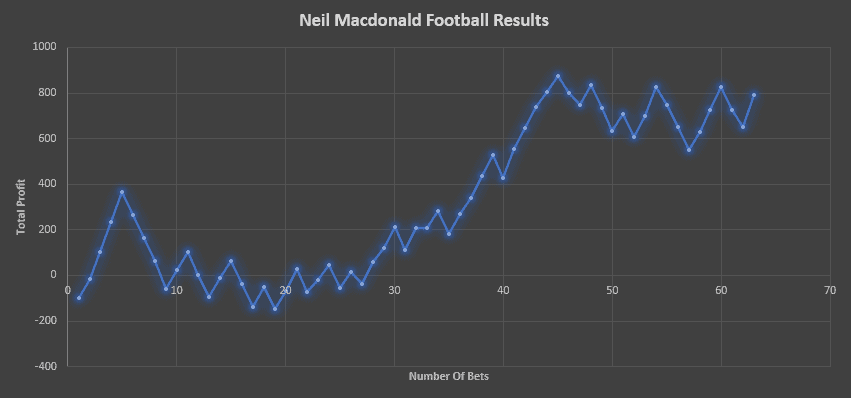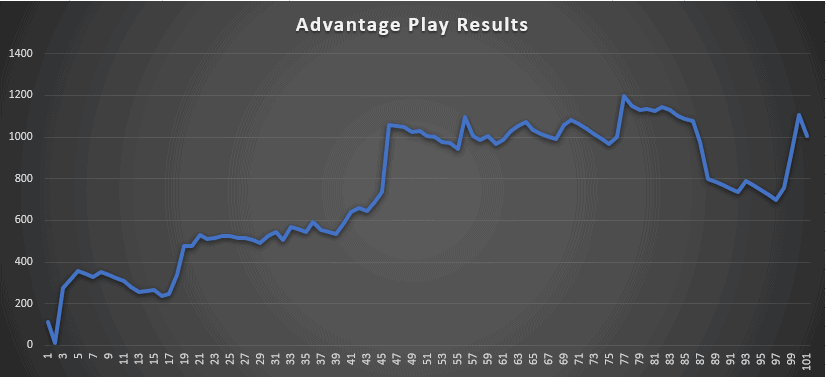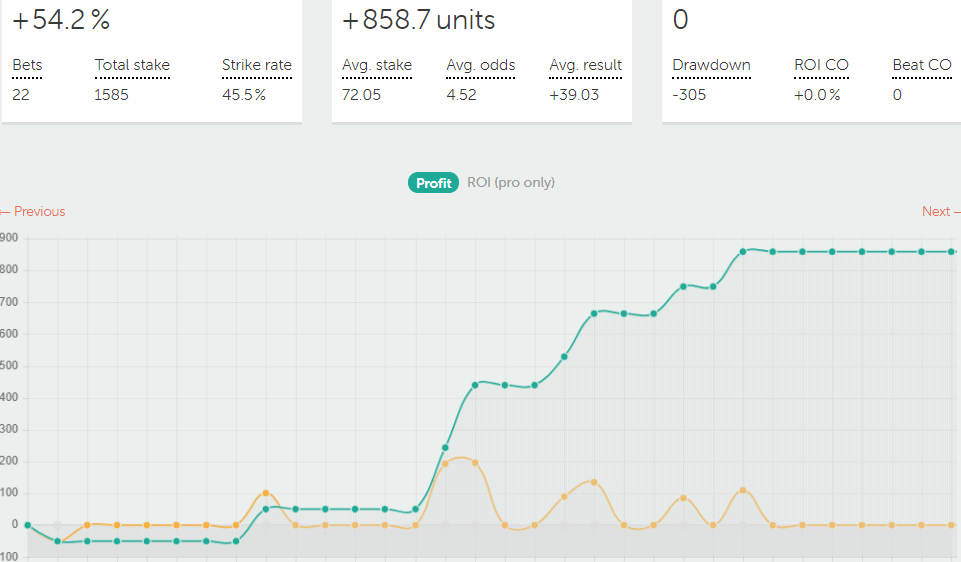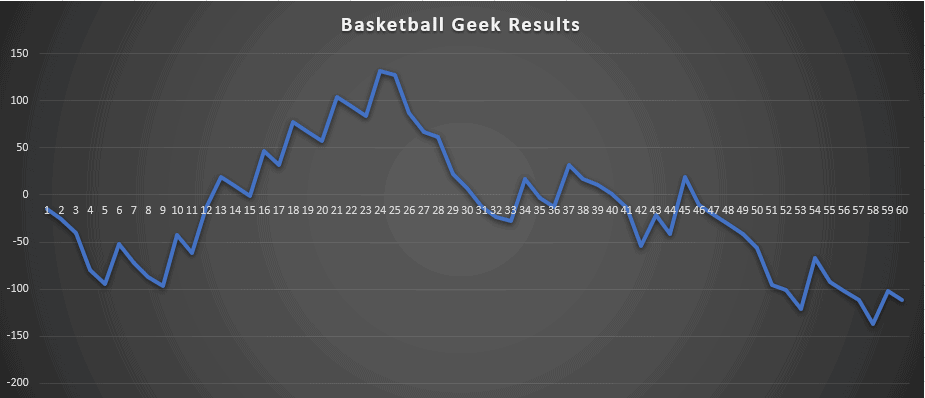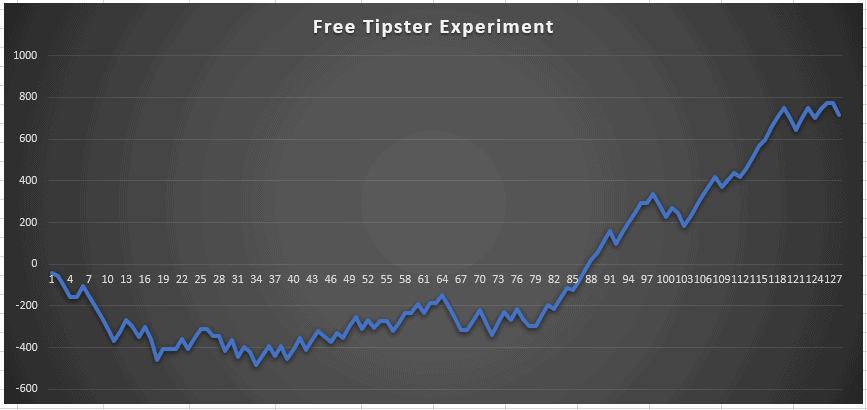The sports betting black market is an unregulated, often illegal segment of the gambling industry that exists outside the oversight of national authorities. It’s vast, complex, and steadily growing, fueled by a mix of technology, consumer demand, and gaps in regulation. But what exactly is the black market, and why should you care? Let’s break it down.
Understanding the Black Market
At its core, the black market includes any gambling activity run by operators without the necessary licensing or approval from local regulators. These can range from international companies operating without domestic licenses to entirely unregulated platforms with no consumer safeguards. For example:
Licensed but flouting national laws: Some operators hold an international license (e.g., from countries like Malta) and continue to take bets from areas where they aren’t locally authorized, like Germany or Sweden. While technically legal in their home jurisdiction, this activity still qualifies as black market behavior.
Weakly regulated or rogue operators: Platforms licensed in jurisdictions with little oversight, like Curaçao. These sites often fail to provide even basic protections for bettors and are rarely held accountable.
Completely unlicensed operators: This category poses the most risk. These platforms operate with zero accountability, often disappearing with winnings or using shady practices like fake games.
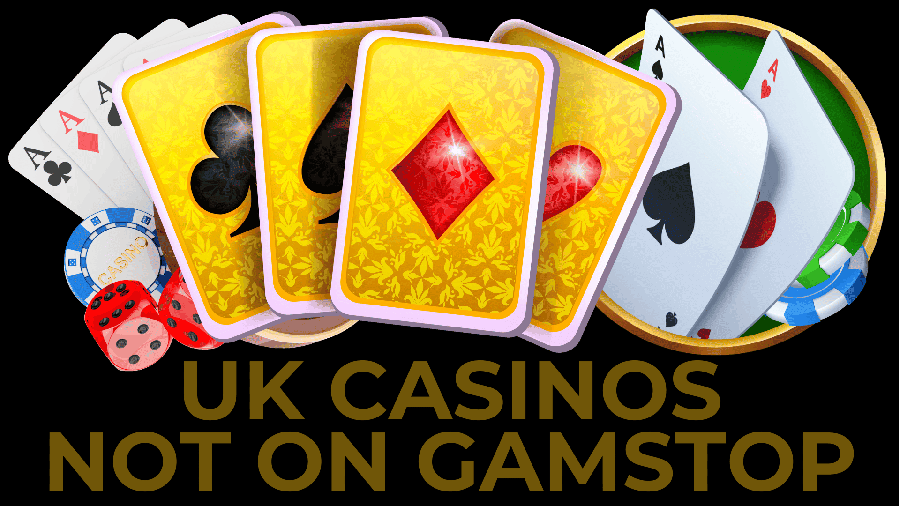
The Growth of the Black Market
Over recent years, the sports betting black market has surged. Reports indicate visitor traffic to unlicensed betting sites has risen dramatically, sometimes outpacing growth in the legal sector. For example, from 2021 to 2024, unlicensed sites saw traffic increases of up to 522%. This explosion is particularly concerning as the UK government seeks to implement tighter regulations, such as affordability checks.
One unintended consequence of stricter rules is that they may drive bettors who want fewer restrictions toward unlicensed platforms. A survey by the British Horseracing Authority (BHA) found that 1 in 10 bettors now use the black market, with many more willing to leave the regulated space if their options become too limited.
The reasons behind the shift are simple. Black market operators often offer higher betting limits, better odds, and simple verification processes. This appeals to bettors frustrated by stringent regulations, creating a perfect storm for the illegal market’s growth.
Why Is the Black Market Growing?
The growth of the sports betting black market is no accident. Several factors, both regulatory and operational, have created an environment where bettors are increasingly seeking alternatives outside the legal framework. Over regulation and restrictive practices by licensed operators are some of the main drivers.
Over-Regulation and Its Consequences
An increasingly strict approach to gambling regulation, including the implementation of measures like affordability checks, has unintentionally funneled bettors toward unregulated platforms. Whilst designed to protect consumers, affordability checks require bettors to provide sensitive financial data, such as bank statements, to assess their ability to gamble responsibly. This level of scrutiny feels invasive to many bettors, particularly those who’ve never experienced gambling related harm (the majority). Bookmakers have also abused these checks in order to withhold money from profitable bettors and deter profitable betting strategies.
For instance, in Britain’s tightened regulatory environment, the introduction of affordability checks has coincided with a steep decline in betting turnover on horse racing, where punters wagered £900 million less in 2024 than in previous years. Some of this gap can be attributed to bettors exploring black market alternatives that impose no such restrictions. Surveys further confirm this trend, with 40% of bettors stating they would consider using unregulated platforms if the legal process became too burdensome.
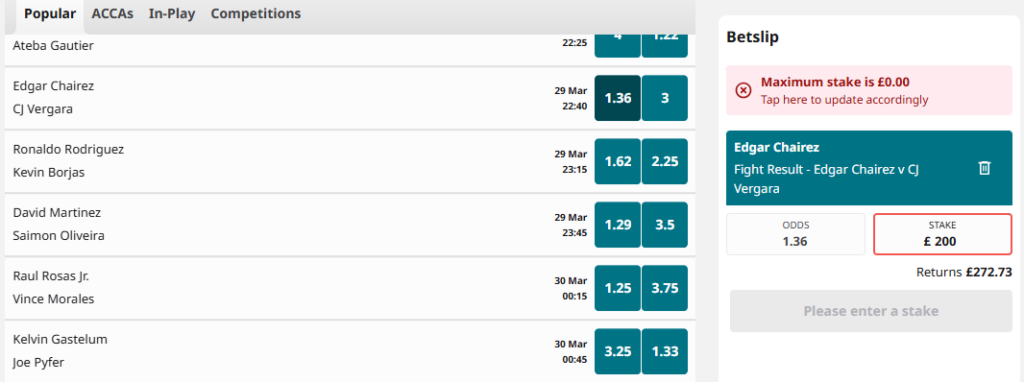
The Risks for Bettors
While unregulated betting might seem like a convenient alternative, there are many risks. Here’s what bettors face when venturing into the black market:
Lack of Consumer Protections: Unlicensed platforms are not bound by rules meant to protect users. Payout refusals, delayed withdrawals, and dodgy practices are common. There are countless stories of bettors losing substantial sums or encountering fake games designed to rob them.
Targeting Vulnerable Individuals: Reports have revealed that black market operators actively seek out players excluded from licensed sites due to gambling addictions. For example, some platforms prey on users registered with self-exclusion programs like GamStop, exposing them to harmful betting environments.
Data Privacy Risks: Many of these platforms don’t follow proper data protection standards, putting users at risk of identity theft or misuse of sensitive information.
No Accountability: If something goes wrong, there’s no authority to turn to. Legal operators must adhere to strict standards, offering dispute resolution processes to protect players. Black market players are left to fend for themselves.
The Impact on Sports and the Industry
The black market’s growth doesn’t just harm consumers; it deals a blow to the broader legal betting ecosystem and sports funding. Here’s how:
Revenue Drain: Illegal operators don’t contribute to national tax revenues or industry levies. For example, licensed bookmakers in the UK contribute over £400 million annually to horse racing through sponsorship, media rights, and taxes. Black market operators?…. Zero!
Job Losses: Reduced funding has a direct impact on the viability of sports events, racecourses, and supporting industries. The BHA estimates that the black market has already cost UK racing millions in lost revenue.
Unfair Competition: Unlicensed platforms can offer better odds or promotions simply because they avoid paying taxes or adhering to regulations. This creates an uneven playing field, weakening the appeal of legal operators.
Addressing the Problem
Combating the black market requires a delicate balance. Over-regulation can push consumers toward illegal platforms, while too little allows rogue operators to thrive. The solution lies in:
Proportional Regulation: Policymakers must ensure regulations are balanced so that safe, responsible gambling remains accessible in the regulated market.
Education: Bettors must understand the risks of black market gambling and be encouraged to choose safer, licensed options.
Enforcement: Greater international cooperation is needed to crack down on rogue operators and strengthen weak regulatory frameworks.
Final Thoughts
While the sports betting black market might seem like a hidden corner of the gambling world, its impact is more visible than many realize. The over regulation of licenced bookmakers is something that needs to be addressed otherwise more and more sports bettors will seek alternatives in the black market.

